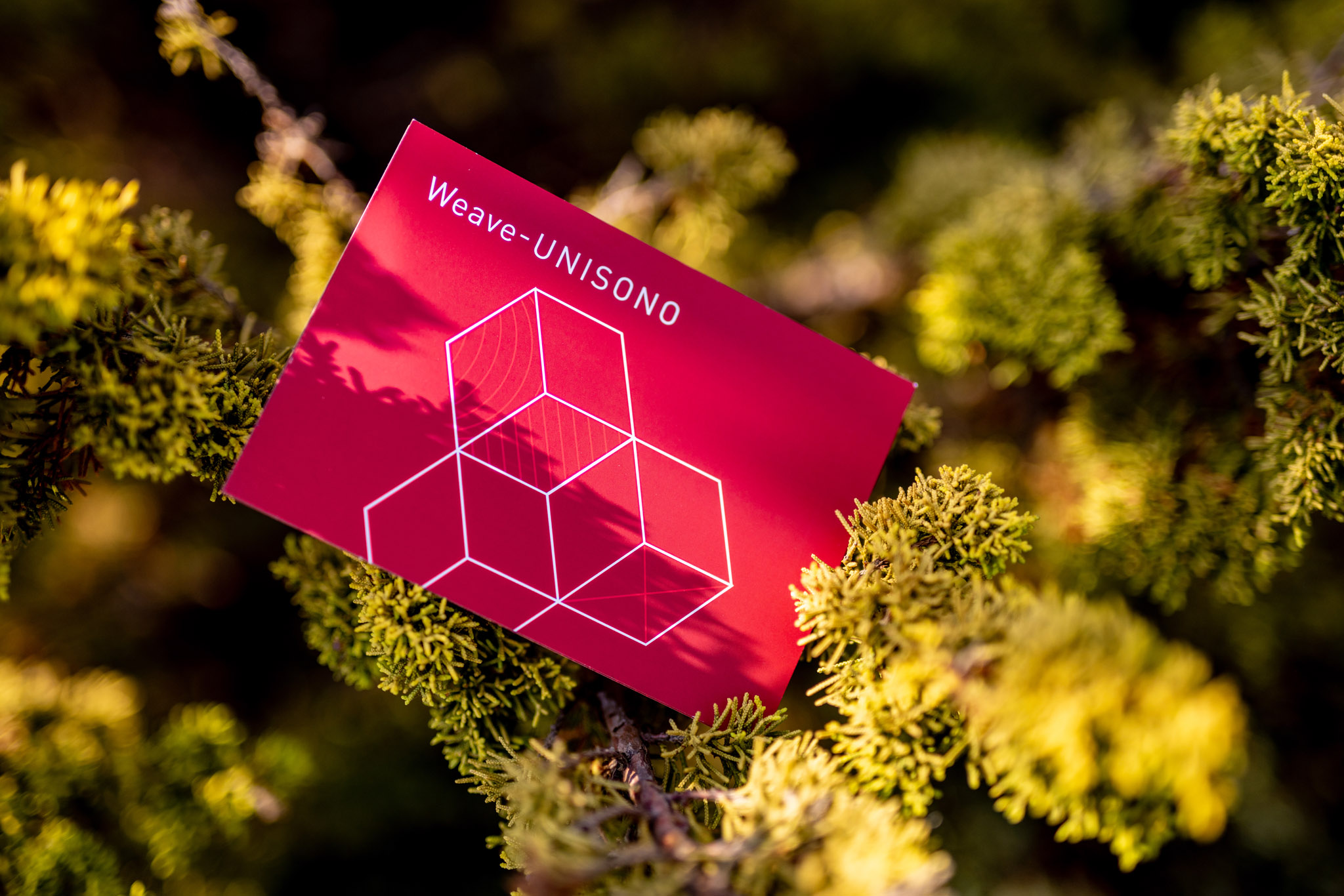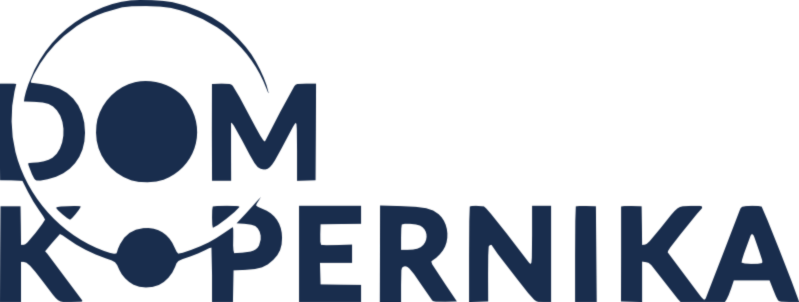Research on the philosophical concept of the will, new strategies for treating aggressive lymphomas and field emission electron sources will be carried out by scientists from Lodz, Warsaw and Wroclaw. Together with foreign teams, they will carry out research projects thanks to funding of nearly PLN 2.9 million from the Weave-UNISONO competition, the National Science Center announced.
Monika Michałowska, Ph.D., of the Medical University of Lodz, in collaboration with Edit Lukács, Ph.D., of the University of Vienna, will explore the concept of will by Robert Halifax, a philosopher and theologian working at Oxford University in the 14th century. Significant developments in logic and physics at this university in the 1430s paved the way for a new approach to the theory of motion and the concept of will. The researchers in their project will examine the influence of Robert Halifax’s concepts on 15th century Viennese voluntarism.
Prof. Michałowska’s project received funding in the 2024 edition of the Weave-UNISONO program. In turn, two Polish teams joined the winners of the 2023 edition.
Searching for strategies to increase the effectiveness of NK cells in the treatment of aggressive B-cell lymphomas is the title of the project that will be carried out by a Polish team led by Dr. Małgorzata Bobrowicz from the Mossakowski Medical Research Institute of the Polish Academy of Sciences. The head of the research on the German side is Prof. Carsten Watzl of the TU Dortmund University.
Dr. Michał Krysztof of the Wroclaw University of Technology will lead the Polish research team in the project Analysis of integrated field emission electron sources. The research will be carried out in trilateral cooperation with teams from the Czech Republic and Germany, under the leadership of Dr. Ing. Alexander Knápek of the Czech institute of Scientific Instruments and Prof. Rupert Schreiner of the OTH Regensburg.
The applications were evaluated by the partner agencies in the Weave-UNISONO program: the German agency Deutsche Forschungsgemeinschaft (DFG) for the projects of Dr. Bobrowicz and Dr. Krysztof, and the Austrian Science Fund (FWF) for Prof. Michałowska’s project. The National Science Center and the Czech agency Czech Science Foundation (GAČR) accepted the results of this evaluation for the Polish-Czech-German trilateral project.
Weave-UNISONO and lead agency procedure
The Weave-UNISONO competition is the result of a multilateral cooperation between research funding institutions of the Science Europe association. It was announced to simplify the procedures for the submission and selection of research projects proposals in all scientific disciplines involving researchers from two or three European countries.
The selection of the winners is based on the Lead Agency Procedure (LAP), under which only one of the partner institutions is responsible for the full substantive evaluation of the proposal, and the other partners accept the results of this evaluation.
Under the Weave program, partner research teams submit applications for funding to both the lead agency and their respective institutions in the program. The joint project must include coherent research plans that clearly demonstrate the added value of international cooperation.
The Weave-UNISONO competition is open on a rolling basis.
The Weave program is based on multilateral cooperation between research funding institutions associated in the Science Europe and aims to simplify the application and evaluation process for multilateral, joint international research projects. It is organized by the National Science Center, based on the LAP procedure, together with partner institutions.








